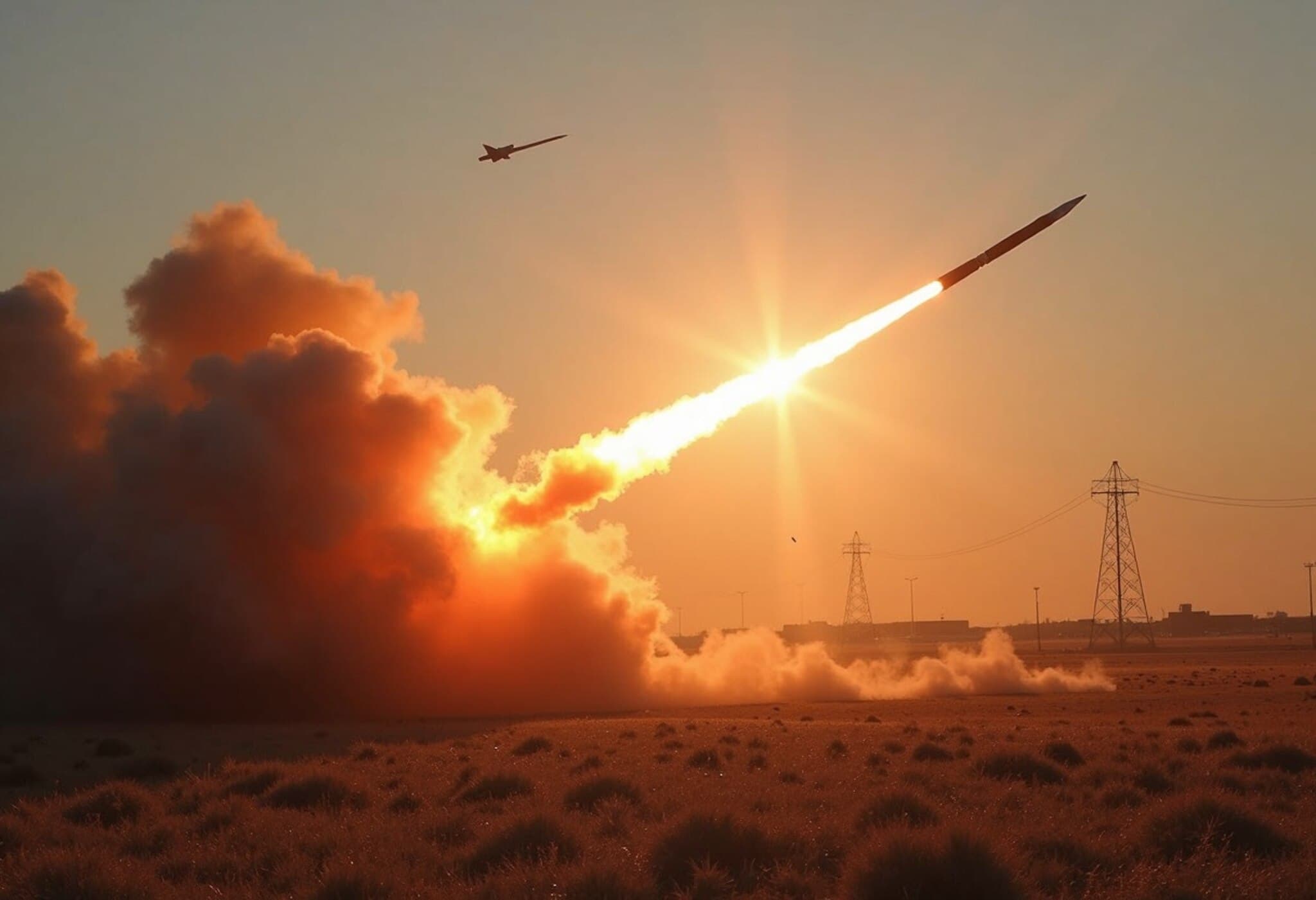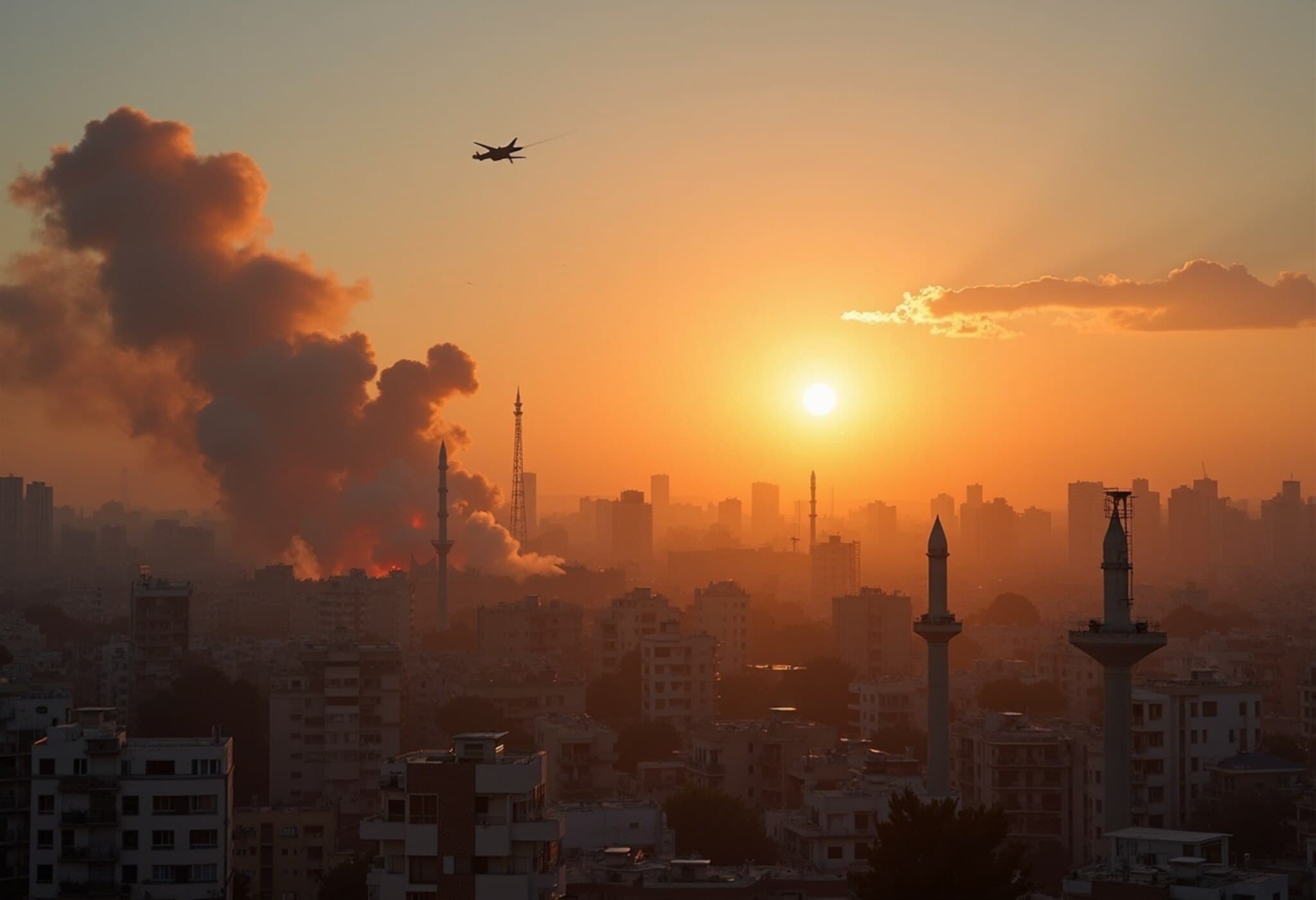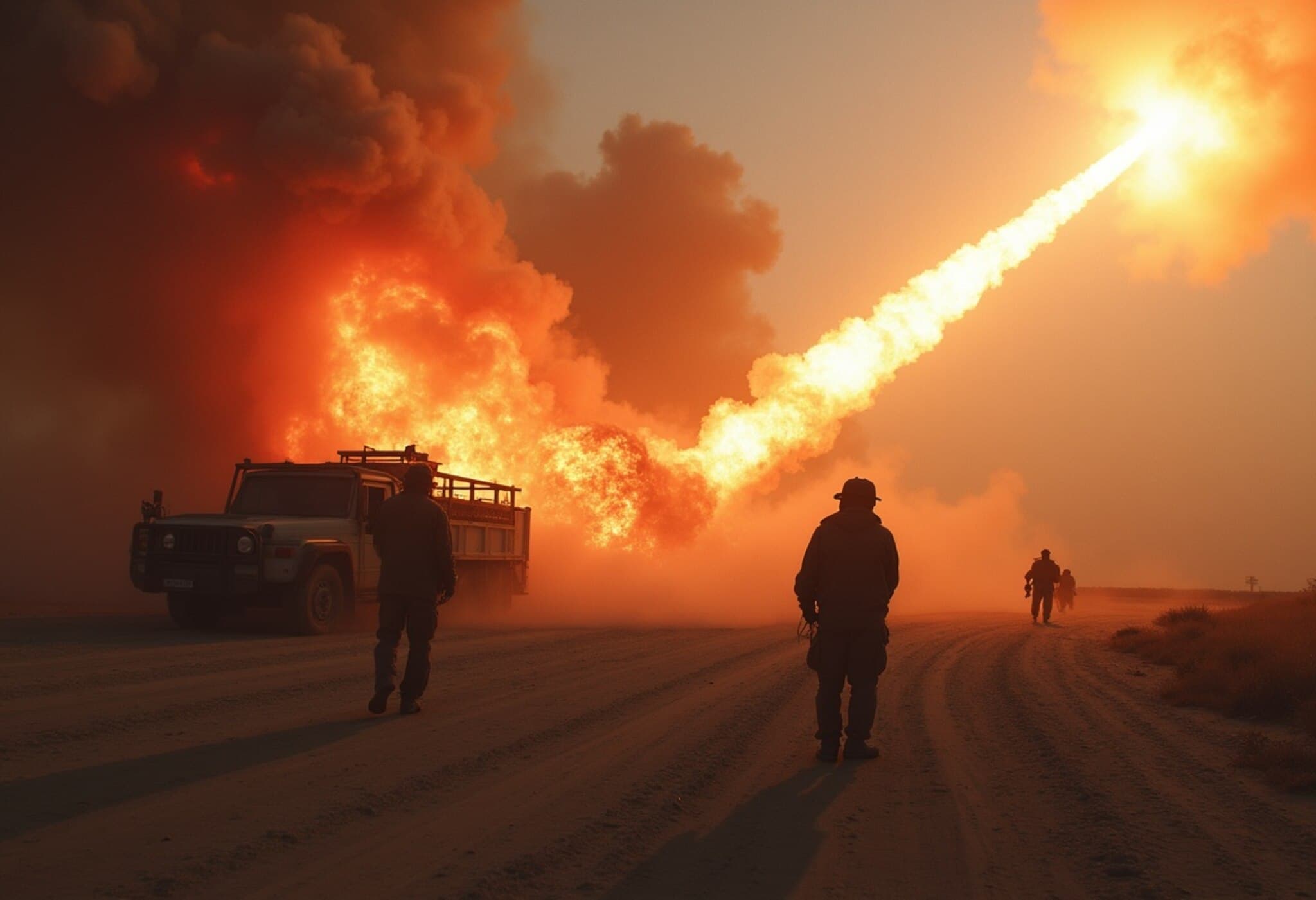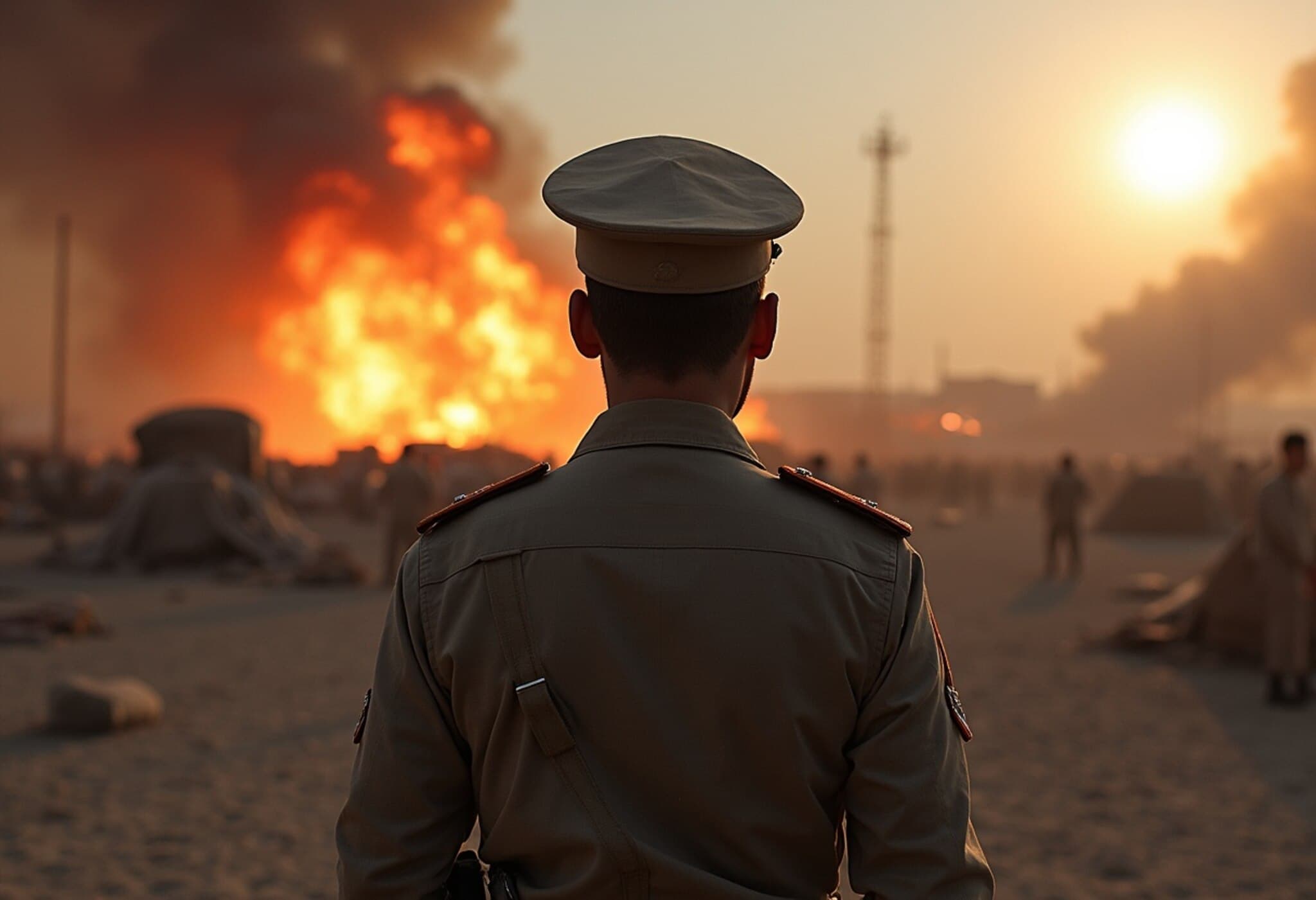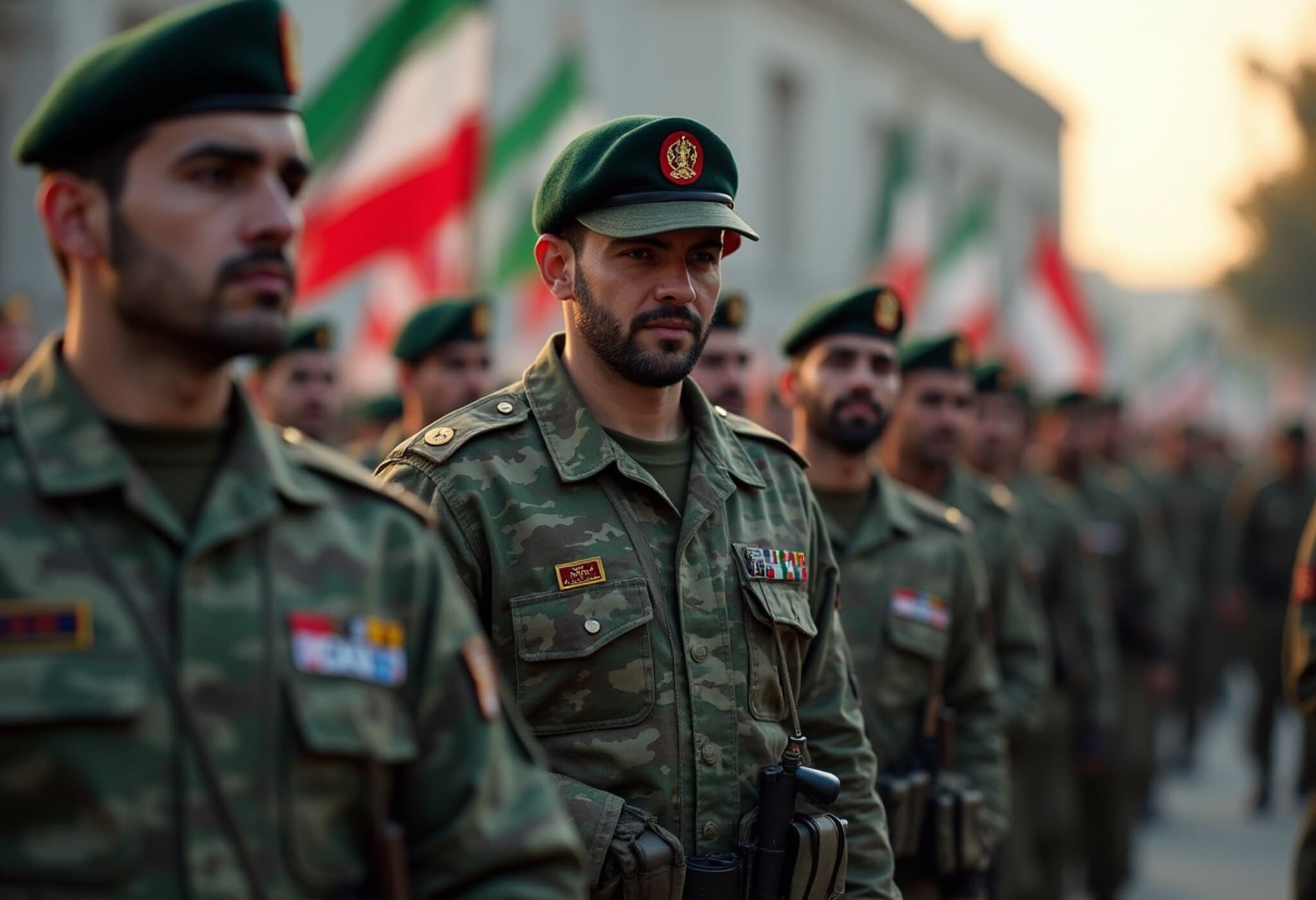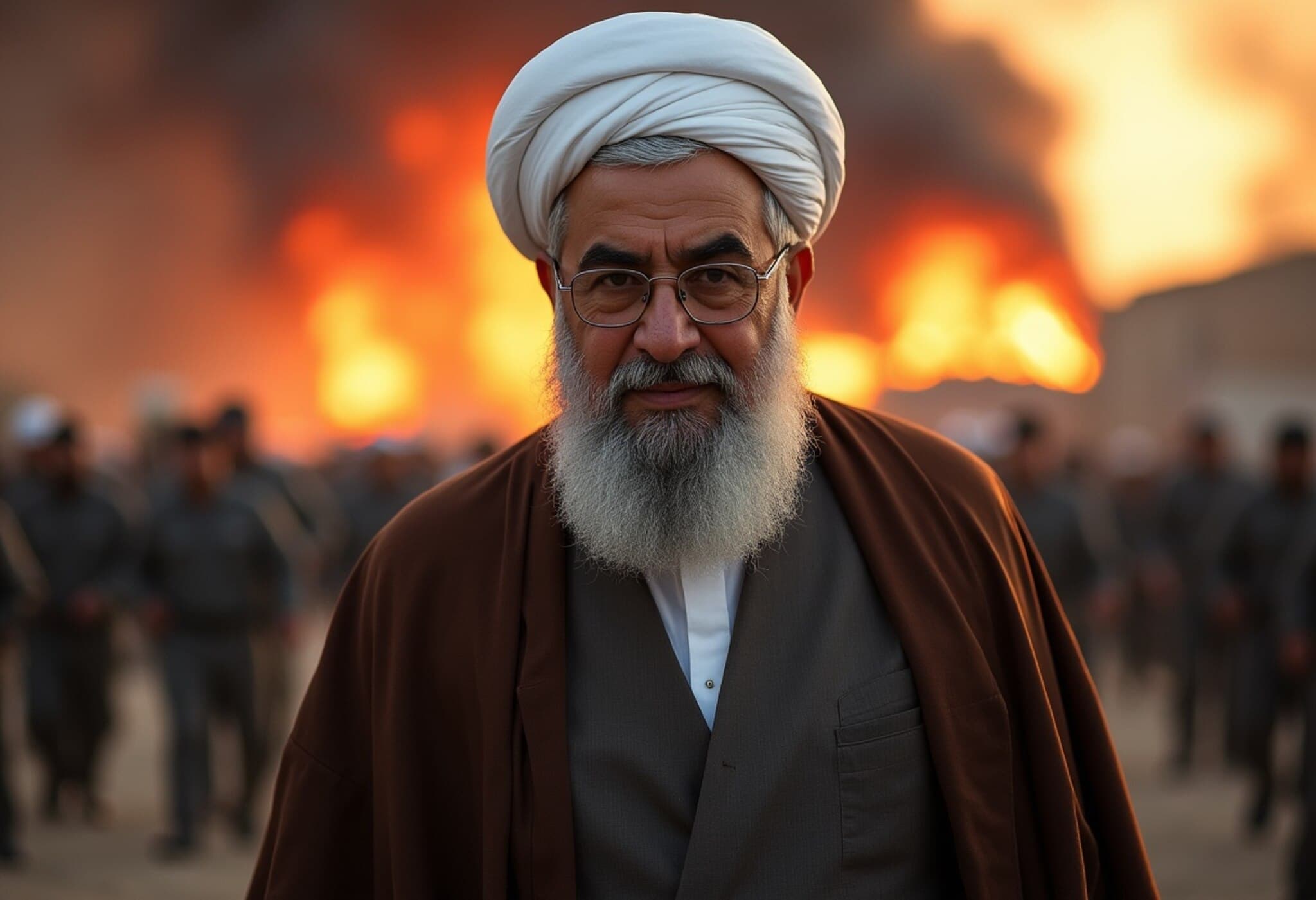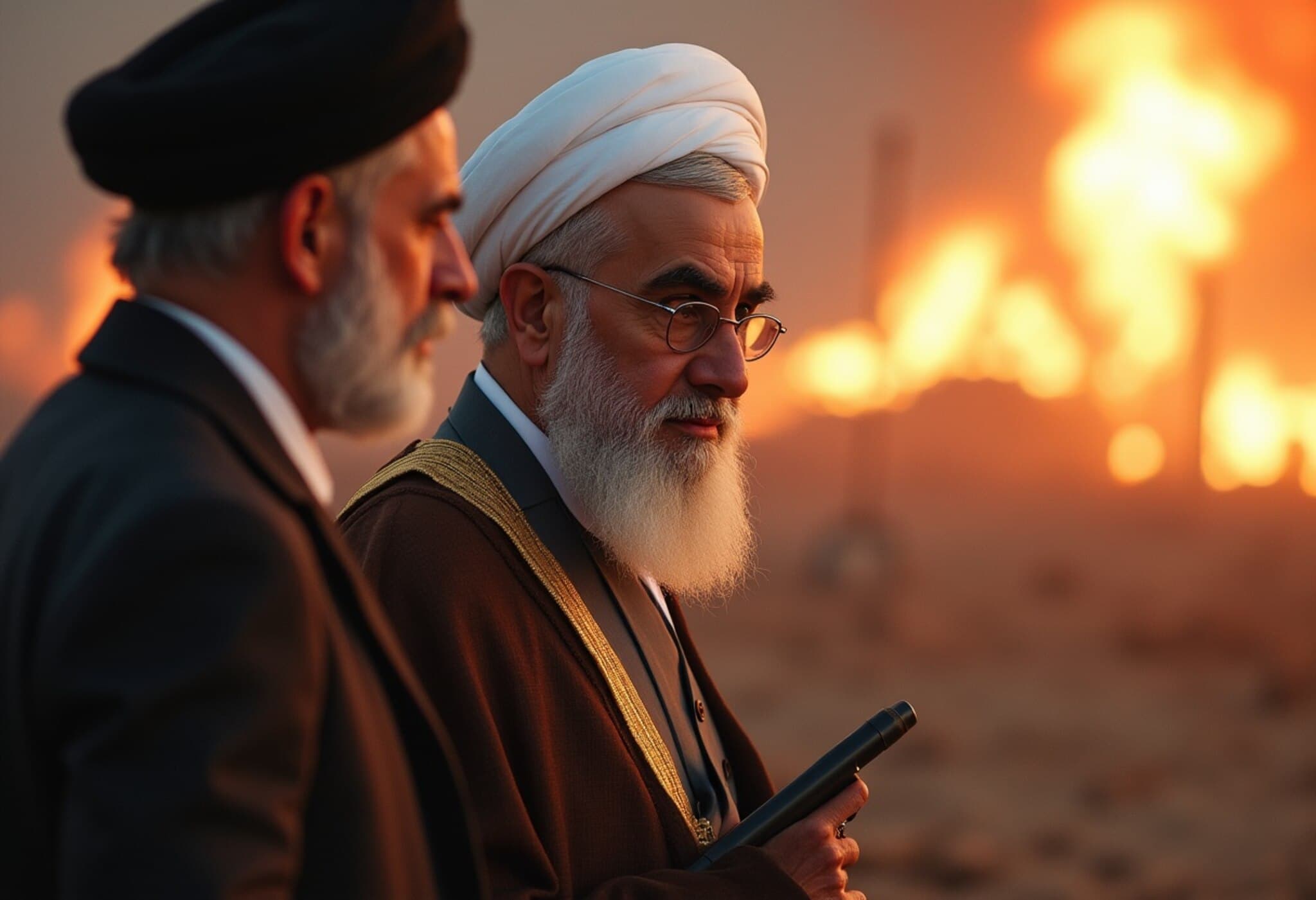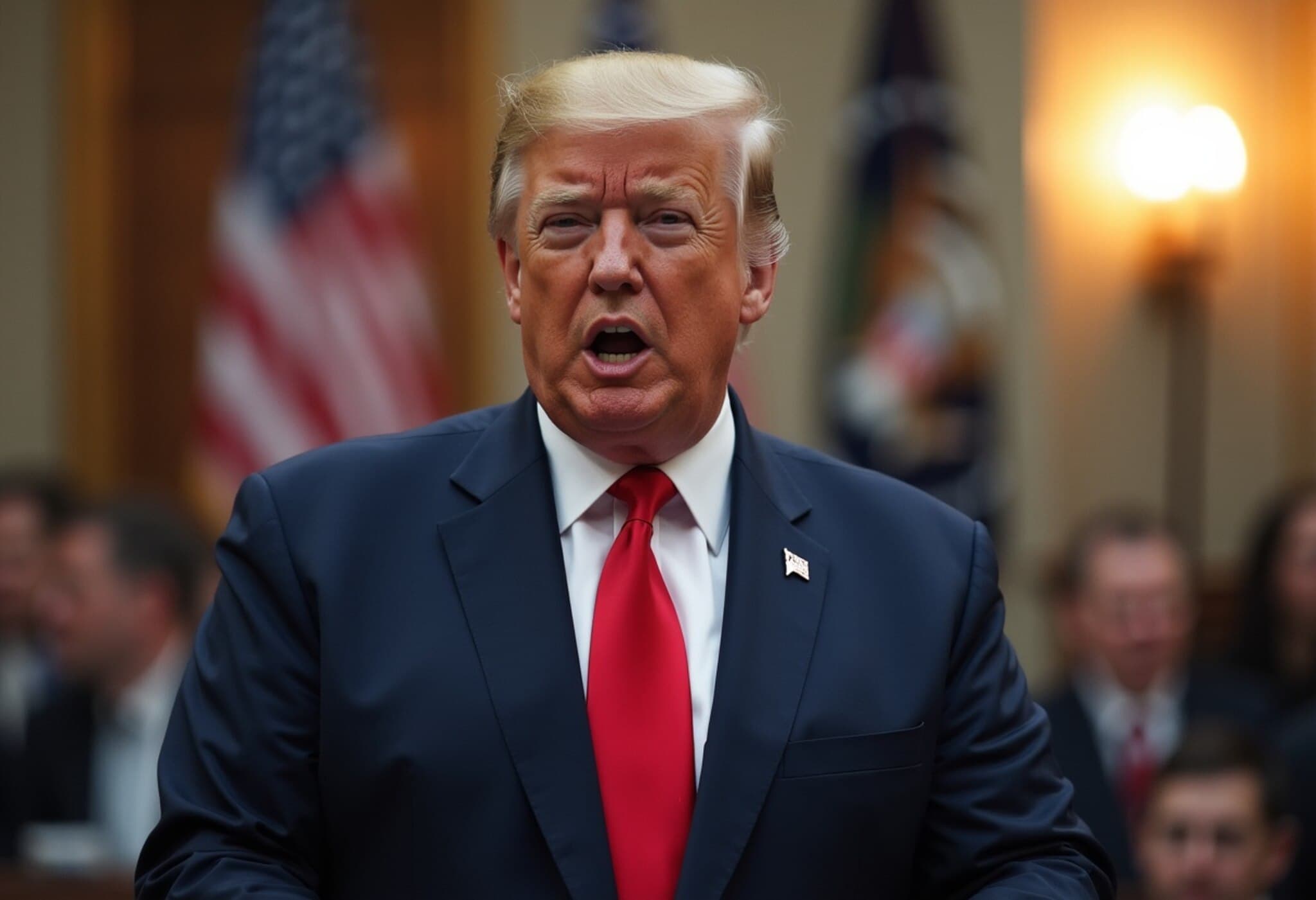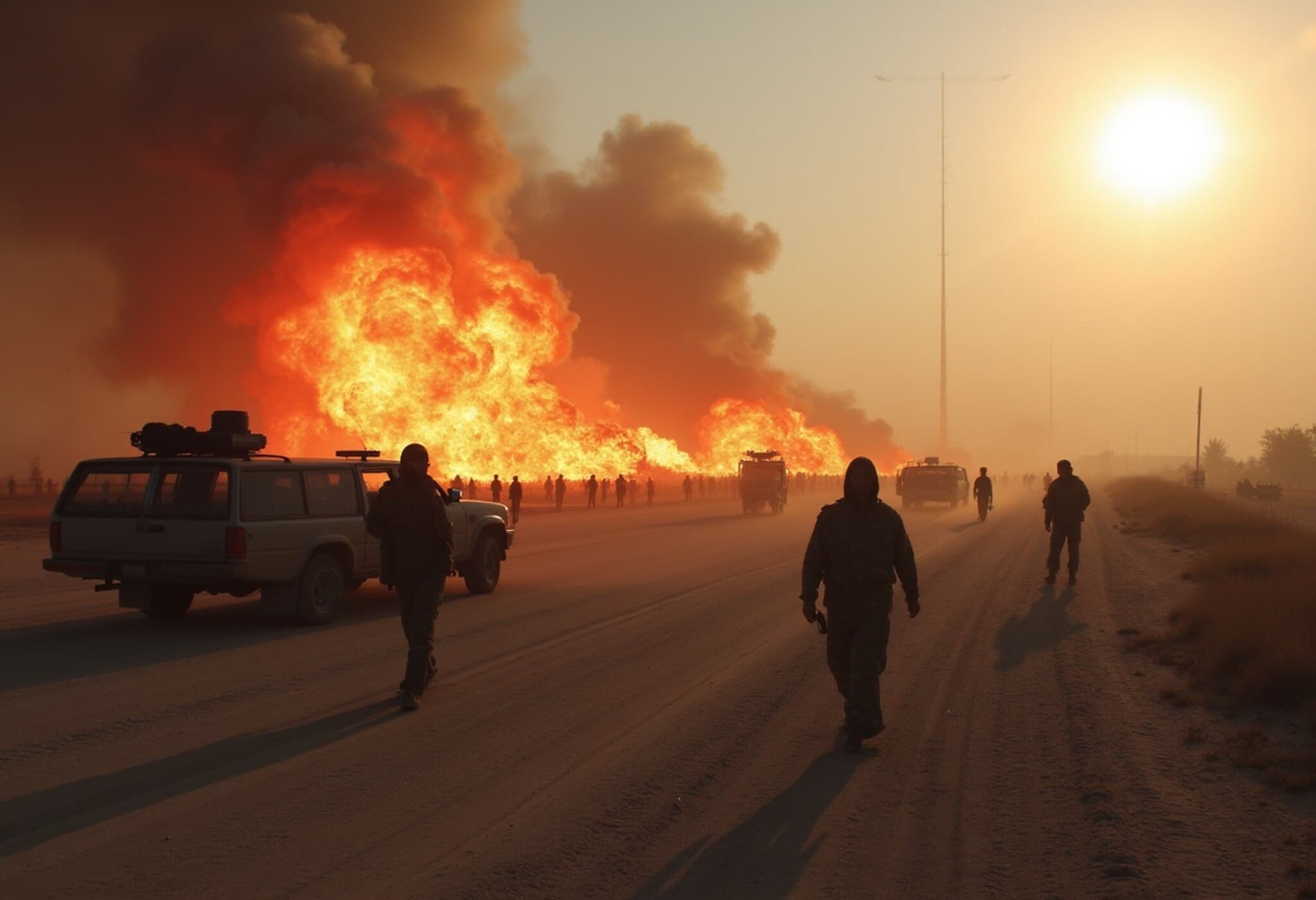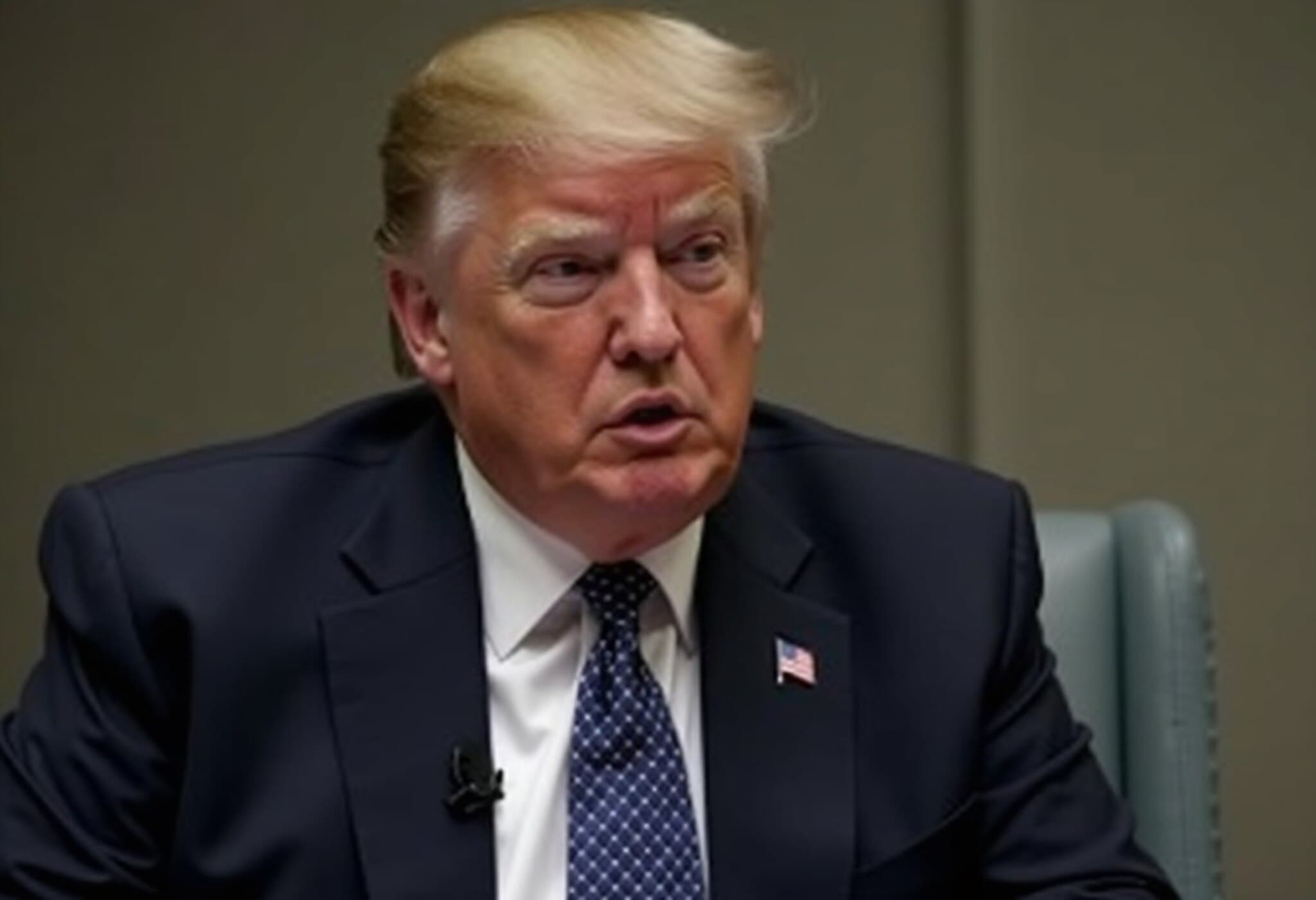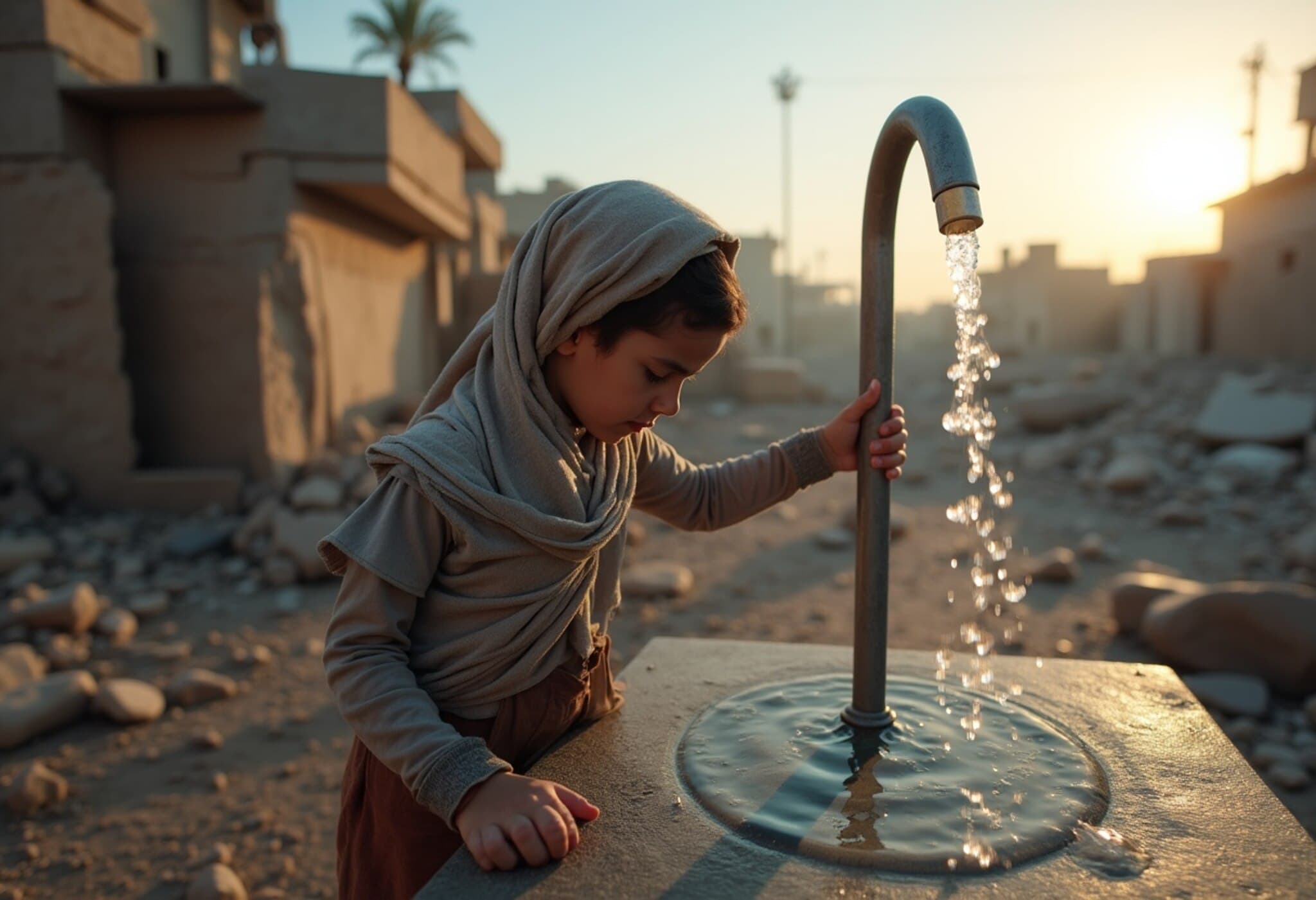Over 1,000 Lives Lost as Iran Acknowledges Heavy Toll from Conflict with Israel
In a rare and somber admission, the Iranian government disclosed on Monday that more than 1,060 people have died following its recent attacks and ensuing clashes with Israel. Officials caution the death toll may rise further, as many injured remain in critical condition.
Official Numbers and Independent Reports Diverge
Saeed Ohadi, head of Iran’s Foundation of Martyrs and Veterans Affairs, revealed these figures during a state television interview, emphasizing the severity of injuries that could push fatalities close to 1,100.
Earlier, the Washington-based Human Rights Activists group had reported a slightly higher figure of 1,190 deaths in Iran, comprising 436 civilians and 435 security force members, alongside over 4,475 wounded. The Iranian government had initially downplayed the extent of Israeli strikes but became more forthcoming once a ceasefire was in place — though military casualties remain undisclosed.
A Personal Target? Iranian President Alleges Israeli Assassination Attempt
Heightening regional tensions, Iranian President Masoud Pezeshkian claimed in a candid conversation with U.S. podcaster Tucker Carlson that Israeli operatives attempted to assassinate him during a recent meeting. “They did try, yes. They acted accordingly but failed,” he said.
The president detailed that thanks to intelligence gathered by Iranian spies, the attack was thwarted before it could succeed, painting a vivid picture of the ongoing shadow war beneath the open conflict.
Complex Diplomatic Signals Toward the US
Despite sharp rhetoric, President Pezeshkian expressed measured openness to dialogue with the United States. "I believe we could resolve our differences through talks," he stated, though he acknowledged that trust between the two countries remains a significant barrier.
He appealed directly to then-U.S. President Donald Trump to resist being drawn into further escalation by Israeli interests, emphasizing the U.S. role as pivotal to peace or continued conflict in the region. "The United States’ president... can either steer the region towards peace or lead it into an endless pit," he warned.
Understanding the Broader Implications
- Human cost: The staggering civilian casualties raise urgent humanitarian concerns amid ongoing Middle East instability.
- Diplomatic crossroads: The conflict underscores the fragile balance the U.S. must navigate among its regional allies and adversaries.
- Regional security: Iran’s admission and the assassination attempt claim point to intensifying covert operations that complicate peace initiatives.
Expert Insight
Regional security analyst Dr. Linda Tehrani notes, "Iran's acknowledgment signals a shift in their communication strategy, moving from denial to a stark admission, which can serve multiple purposes: managing domestic perception and influencing international diplomacy." She adds, "The attempted assassination claim reflects the depth of mistrust and fog of war that define Iran-Israel relations today."
Looking Ahead
As the dust from this latest conflict settles, the world watches closely whether Iranian and U.S. channels for dialogue will expand or falter under the weight of decades-long tensions. The fragile ceasefire offers a temporary respite but leaves critical geopolitical and humanitarian questions unanswered.




